- Could developing strong leaders
- Connected With Us
- Send Us Email[email protected]
Leadership For Equity

This accessible, virtual learning opportunity for senior educational leaders across Canada is now available online via the CMC Leadership online learning platform (via Thinkific). The series was built on evidence-based research, problem-based learning, professional publications, and practical strategies for leading. The speakers and topics were chosen based on feedback and urgently identified leadership priorities with equity weaved into each session. The series focused on effective approaches and strategies that could be implemented in a timely manner to optimize support for staff, students and communities served.
Each section of the series consists of three modules, 90-minutes in duration, delivered online. Each module connects and builds on the learning from the previous module. Bonus modules were also added throughout the series to accommodate requests for more information on a particular topics – those are available on the platform as well.
You can still register today and receive instant access to the CMC Leadership online learning platform whereby you’ll be able to access all recordings (video and audio) and additional resources from each webinar session.
Develop your skills and abilities, become an equity focused leader, INVEST in yourself
$600 + tax
(total price with taxes and fees $678 CAD)
“The annual webinar series coordinated by CMC Leadership continues to serve as a very valuable learning experience for me, personally and professionally. Whether a focus on leadership in complex times or leadership for equity, as a senior leader of public education, the approaches and strategies shared throughout the series have significantly influenced the objectives undertaken in our district’s most recent renewed strategic planning process.” – Pino Buffone, Director of Education, Renfrew County District School Board
SPEAKER BIO’S AND MODULE DESCRIPTIONS
WEBINAR ONE
Section One
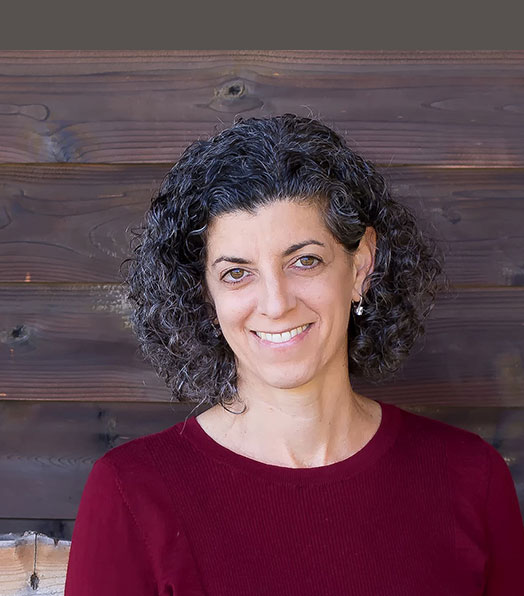
DISTRICT SYSTEMS TO SUPPORT EQUITABLE AND HIGH-QUALITY TEACHING AND LEARNING – THE IMPORTANCE OF TRANSFORMING PRINCIPAL SUPERVISION
Meredith I. Honig, Ph.D.
Professor, Education Policy, Organizations & Leadership
Director, District Leadership Design Lab (DL2)
University of Washington
This session examines an urgent challenge facing school districts in Canadian provinces as they return to in-person schooling: How to ensure each school principal has the support necessary for their successful leadership of equitable teaching and learning? Meredith’s research and district partnerships highlight that doing so requires fundamental shifts throughout central offices starting with principal supervision. In this session, we will zero in on which new forms of principal supervision help principals grow as equity-focused instructional leadership. What does that principal supervision involve day-to-day? How can districts and provinces support principal supervisors’ success? Why is now the time to make those changes? We will explore the research findings alongside practical examples and consider implications for our own work.
This session draws on Meredith’s extensive research on principal supervision and central office leadership in U.S. contexts as well as her team’s district partnerships, and her leadership of Leadership for Learning, the University of Washington’s nationally recognized Ed.D. and superintendent certification program. Key takeaways from Meredith’s most recent book Supervising Principals for Instructional Leadership: A Teaching and Learning Approach will be shared.
WEBINAR TWO
Section One
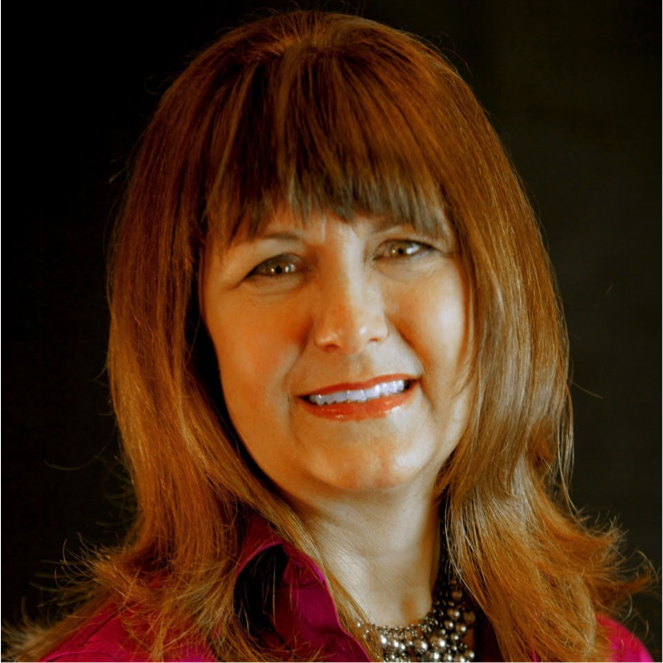
PRIORITIZING SOCIAL EMOTIONAL LEARNING FOR OUR STUDENTS
Kimberly A. Schonert-Reichl, PhD
NoVo Foundation Endowed Chair in Social and Emotional Learning
Professor, Department of Psychology, University of Illinois at Chicago
Dr. Schonert-Reichl is a renowned expert in the area of social and emotional learning (SEL) research with children and adolescents, particularly in relation to the identification of the processes and mechanisms that foster positive human qualities such as empathy, compassion, altruism, and resiliency. For more than two decades, Dr. Schonert-Reichl’s research has focused on the social and emotional development of children and adolescents in school and community settings. Her current projects include studies examining the effectiveness of classroom-based universal social and emotional learning (SEL) programs including the MindUp, program, and the Random Acts of Kindness program. Dr. Schonert-Reichl is also conducting interdisciplinary research in collaboration with neuroscientists and psychobiologists examining the relation of executive functions and biological processes to children’s social and emotional development in school settings.
This session will focus on the promotion of social and emotional learning (SEL) to transform the lives of students and educators. The session will provide a guide for understanding how systemic approaches to SEL provide a foundation for developing equitable learning contexts that promote the social and emotional competencies of adults and children to support success and well-being. Implementation and leadership strategies that are successfully being used in Districts will be shared, including information on how SEL can be promoted as students return to school post pandemic.
WEBINAR THREE
Section One
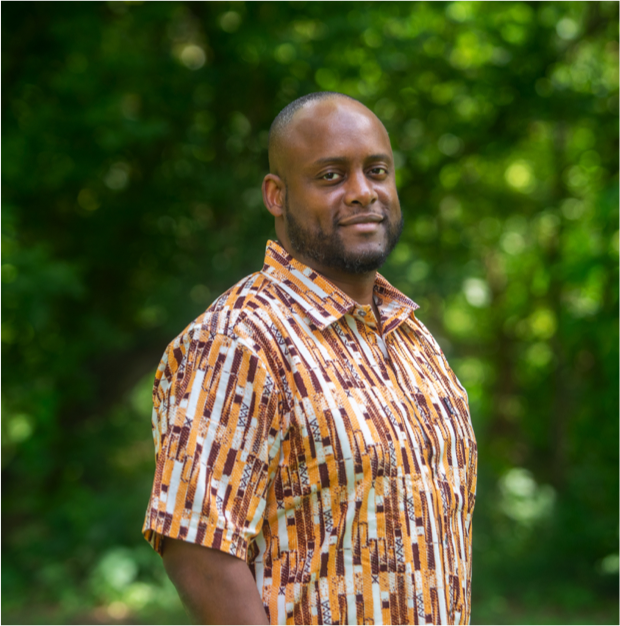
CULTURALLY RESPONSIVE SCHOOL LEADERSHIP
Dr. Muhammad Khalifia
Professor of Educational Administration
Executive Director of Urban and Rural Initiatives
Ohio State University
How should humanization, anti-oppressiveness, and cultural responsiveness be systematized in school? This presentation focuses on how school leaders can effectively serve minoritized students—those who have been historically marginalized in school and society. The lecture suggests that leaders must be central to culturally responsive school reforms, and demonstrates how leaders can engage students, parents, teachers, and communities in ways that positively impact learning by honouring indigenous heritages and local cultural practices.
Dr. Khalifa explores three basic premises. First, that a full-fledged and nuanced understanding of “cultural responsiveness” is essential to successful school leadership. Second, that cultural responsiveness will not flourish and succeed in schools without sustained efforts by school leaders to define and promote it. Finally, that culturally responsive school leadership comprises a number of crucial leadership behaviors, which include critical self-reflection; the development of culturally responsive teachers; the promotion of inclusive, anti-oppressive school environments; and engagement with students’ indigenous community contexts.
In this particular, we take a much deeper look at Critical Self-Reflection. Based on ethnographic research of a culturally responsive school principal, I’ll provide educators with pedagogy and strategies for immediate implementation. The lecture ends by highlighting a central theme of community and how community-based knowledge should be positioned in all aspects of schooling. We anchor the lecture with several activities that get leaders to begin thinking about Culturally Responsive School Leadership. Implementation strategies that are successfully being used in Districts will be shared.
WEBINAR FOUR
Section Two

DEEPENING OUR UNDERSTANDING OF EQUITY, INCLUSION & DIVERSITY
Dr. Michele Manocchi
Founder & Owner of Michele Manocchi Organizational Consulting
Coordinator for MA in Research for Policy and Evaluation at the University of Western Ontario
This module has been designed to build on the learnings from Module 3, Culturally Responsive School Leadership with Dr. Muhammad Khalifa. It will focus more deeply on understanding that inclusion is a process. It will explore what inclusion means at the school district level through the lens of leadership. Michele will describe how he supports organizations and communities in tackling complex social issues such as equity, diversity, inclusion, racism, systemic discrimination, and implicit bias.
Inclusion is not a goal that we can achieve once and for all, but a process that we want to experience and, hopefully, enjoy. With this necessary clarification in mind, Michele will explore what inclusion means at the individual and organizational levels, with a specific lens on leadership. He will also consider active listening and speaking as crucial game-changers.
Key areas of focus:
- Equity, Diversity, and Inclusion. Some definitions and clarifications.
- Why we need a Systemic Approach and an Intersectional lens.
- What Culture is and how we talk about it.
- Why intercultural relationships can be so difficult?
- The intrinsic power of our privileges.
- What can we do at the individual, organizational, and community levels?
BONUS MODULE
Section Two
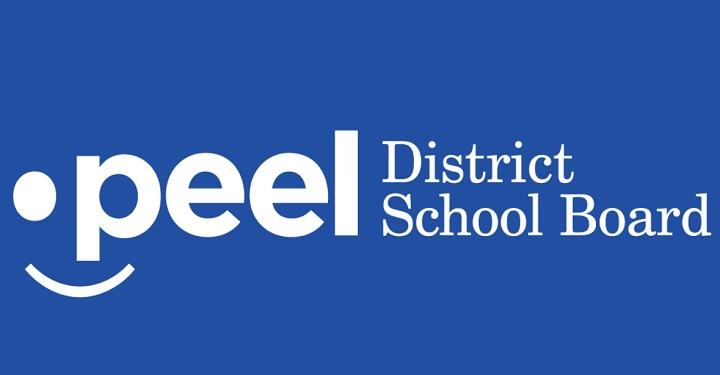
PEEL DISTRICT SCHOOL BOARD’S JOURNEY TOWARDS CULTURALLY RESPONSIVE SCHOOL LEADERSHIP
Speakers: Rashmi Swarup, Director of Education, Neerja Punjabi, Superintendent of Education; Yonnette Dey, Superintendent of Education; and Farah Slimati, Vice Principal.
Informed and inspired by the Ministry Review, the Peel District School Board has embarked on a journey to build capacity for culturally responsive school leadership in all schools. This shared commitment by school administrative teams, Superintendents of Education and the Director’s Office, informs our work and our guiding principles as a school Board.
Dr. M. Khalifa’s book, Culturally Responsive School Leadership, has been the most influential tool to achieve that goal. His work challenges our leaders to interrogate leadership behaviours from an anti-oppressive and anti-colonial lens to confront the disparities in outcomes for Black and Indigenous students. The Peel Board believes that leadership training and development is the key ingredient to ensure system transformation for the most underserved students.
The Ministry Review was an extensive audit of our system, and we are accountable to its Directives. We believe that community-based leadership in all current and future school leaders is an asset. It leverages the goals, aspirations, and commitments of our diverse community and positively impacts our programs, policies, and practices. We are committed to being intentional in our approach to be responsive and critically self-reflective about our practice as it relates to race. In Peel, this journey begins with our Parent Advocacy Groups, Trustees, committed leaders like Rashmi Swarup (Director of Education), Neerja Punjabi (SOE), Yonnette Dey (SOE) and Farah Slimati (VP).
WEBINAR FIVE
Section Two
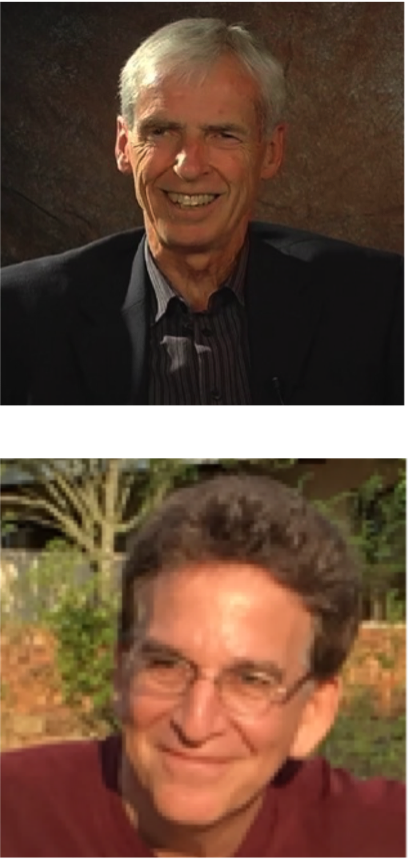
DEVELOPING A QUALITY LEADERSHIP DEVELOPMENT PROGRAM WITH A FOCUS ON EQUITY
Dr. Kenneth Leithwood
Emeritus Professor at the University of Toronto, OISE
and
Dr. Philip Hallinger
Professor of Management at the College of Management, Mahidol University; and Distinguished Visiting Professor, Dept. of Educational Leadership and Management, University of Johannesburg
Evidence shows that nothing a district can do to improve equitable outcomes for its students is more powerful than improving the capacities and dispositions of its school-level leaders. Based on the most recent research, this session will identify the characteristics of effective approaches to leadership development with special attention to those capacities school leaders need to improve equitable outcomes for students.
This module will focus on the components of a quality leadership development program that school districts can consider when building the capacity of their leadership teams.
Specifics examples shared in this session will focus on the behaviors, practices and specialized professional knowledge potentially needed to be successful as an educational leader and processes that will assist districts in the acquisition of leadership skills.
WEBINAR SIX
Section Two

BUILDING DIVERSE AND INCLUSIVE ORGANIZATIONAL CULTURE THROUGH EFFECTIVE HIRING PRACTICES
Janet Stewart
Founder & Principal Consultant, EduSelect
Building and sustaining efforts related to equity to enhance student success requires attention not only to programs and policies, but also our workforce. As leaders, if we are serious about equity to benefit students, we must also build and sustain a diverse and inclusive workplace where all employees feel they belong. An important starting place is examining human resource practices and how we hire. This critical step in an employment relationship – the entryway to the future generation of workers – needs to be considered if leaders are serious about equity. In this session, current human resource issues related to diversity, equity and inclusion will be discussed, and relevant research will be examined. The benefits of committing to this important work will be deliberated, as will the many ways unconscious bias impact human resource decision-making processes. Finally, several current, relevant, and specific employee recruitment, selection and retention strategies will be presented.
Janet has held a variety of senior and executive leadership roles within the British Columbia K-12 sector and recently founded EduSelect Services, a K-12 consultancy focused on supporting school districts across Canada with human resource practices. Her book, Hiring Well: Building Strong Selection Practices in K-12 was published in April 2021.
WEBINAR SEVEN
Section Three
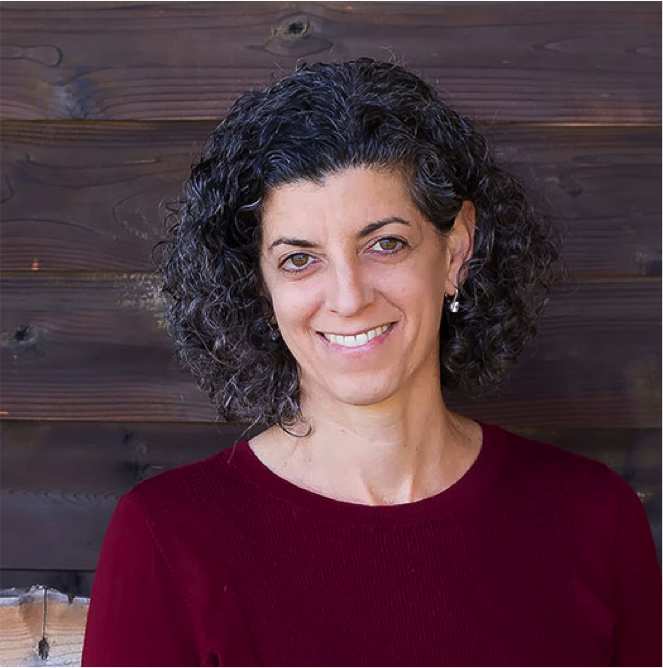
PART TWO: DISTRICT SYSTEMS TO SUPPORT EQUITABLE AND HIGH-QUALITY TEACHING AND LEARNING
Meredith I. Honig, Ph.D.
Professor, Education Policy, Organizations & Leadership
Director, District Leadership Design Lab (DL2)
University of Washington
This session serves as PART TWO to Module One in Section One of this webinar series.
This session examines an urgent challenge facing school districts in Canadian provinces as they return to in-person schooling: How to ensure each school principal has the support necessary for their successful leadership of equitable teaching and learning? Meredith’s research and district partnerships highlight that doing so requires fundamental shifts throughout central offices starting with principal supervision. In this session, we will zero in on which new forms of principal supervision help principals grow as equity-focused instructional leadership. What does that principal supervision involve day-to-day? How can districts and provinces support principal supervisors’ success? Why is now the time to make those changes? We will explore the research findings alongside practical examples and consider implications for our own work.
This session draws on Meredith’s extensive research on principal supervision and central office leadership in U.S. contexts as well as her team’s district partnerships, and her leadership of Leadership for Learning, the University of Washington’s nationally recognized Ed.D. and superintendent certification program. Key takeaways from Meredith’s most recent book Supervising Principals for Instructional Leadership: A Teaching and Learning Approach will be shared.
WEBINAR EIGHT
Section Three
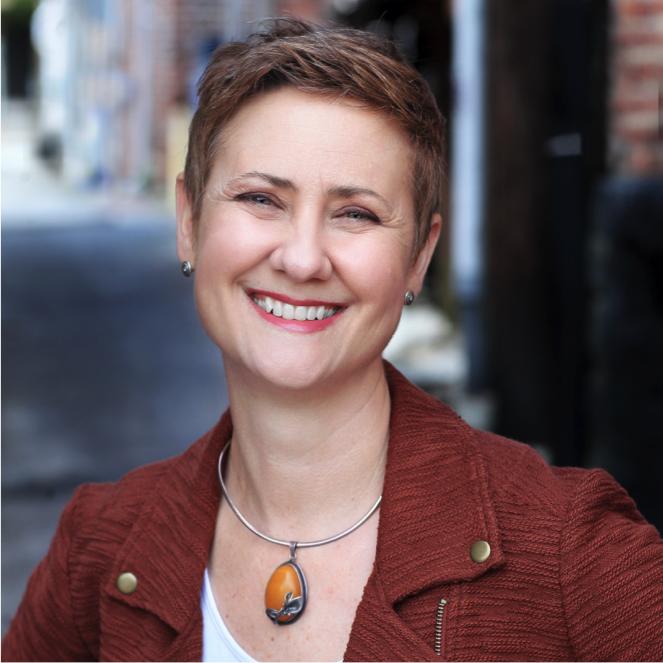
CRAFTING YOUR LEADERSHIP MESSAGE – HOW TO DELIVER MORE EFFECTIVE MESSAGES AND PRESENTATIONS
Angie Flynn-McIver
Communications skills specialist, certified leadership coach, and theatre professional.
Leadership relies on communication. When we can effectively communicate our vision, our plan, our empathy, and our direction, we can lead.
But what happens when we aren’t sure what to say, or how to say it? This presentation explores the fundamental elements of creating connection with others through communication, both in-person and in virtual environments. We look at what it means to lead with intention, and what happens when intention isn’t enough.
Flynn-McIver’s three-part approach to creating effective communication applies to presentations, meetings, difficult conversations, and any other high-stakes situation. First, the speaker must assess the ”why,” or intention. What do I hope the outcome of this communication will be? How can I make sure I am taking the needs of others into my language, delivery, and style?
Second, the speaker aligns body language, facial expressions, vocal tone, and many other intangible elements of speaking to make sure they support the intention. When the spoken words and these intangibles are in conflict, the listener believes the intangibles over the words. Alignment helps the speaker establish trust and credibility.
Third, anyone who communicates must practice. We speak so often that it doesn’t occur to us we may need practice at it, but as with any skill, we can improve when we engage in deliberate practice in low-stakes situations.
This three-part process of intention, alignment, and practice, Flynn-McIver demonstrates how the confidence and compentence of leadership grow out of a deep understanding of the why, how, and what of communication.
WEBINAR NINE
Section Three
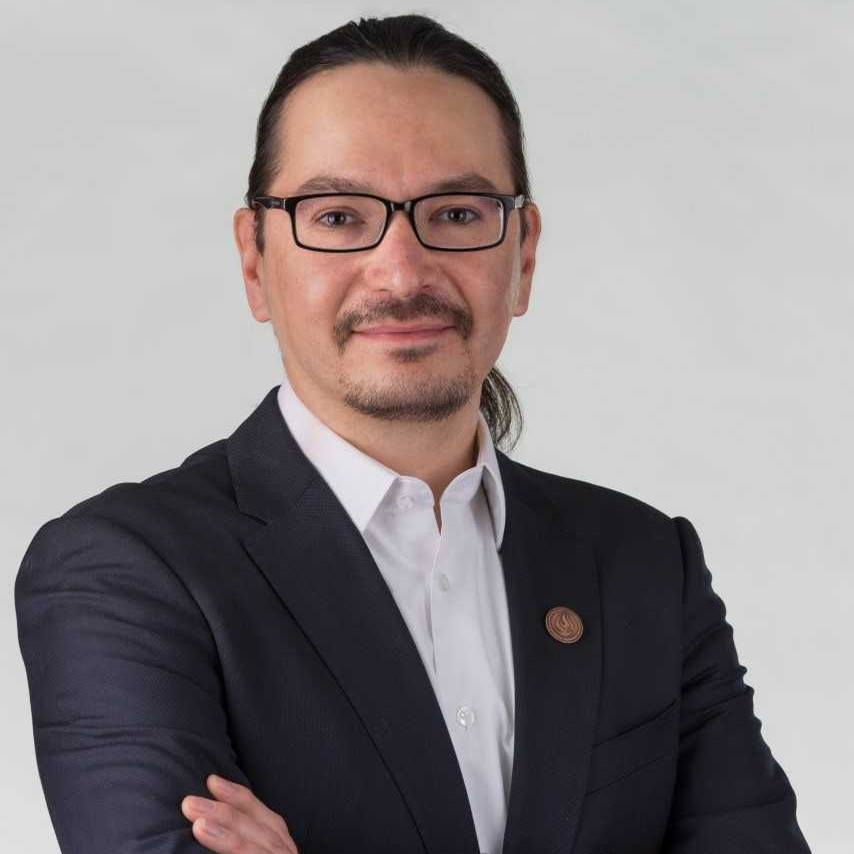
HEALING THE WOUND WITH THE WEAPON: UNDERSTANDING TRUTH AND RECONCILIATION IN EDUCATION
Kevin Lamoureux
BA, MEd, PhD Candidate, University of Winnipeg
During this webinar, I will speak on the topic of reconciliation as an opportunity that has been given to us here in Canada by the Survivors of the Residential School System.
If it hadn’t been for the courage and strength of Survivors in sharing their stories and holding Canada to account for the Indian Residential School Settlement Agreement (IRSSA), I do not think we would’ve come this far in the conversation of reconciliation as we have today.
Where schools in Canada were once used as weapons against Indigenous peoples, they can now become places of healing and empowerment for all students.
Through the 94 Calls to Action of the Truth and Reconciliation Commission (TRC), Canada has the opportunity to heal as a nation. The work of reconciliation is not an act of pity for Indigenous peoples, rather, it is an opportunity for Canada to remove barriers for Indigenous peoples and communities to flourish, while at the same time working to live up to its own values and potential.
To learn more on Kevin’s topic, take a look at his article via the EdCan Network:
Reconciliation: A Chance to Heal as a Nation
The TRCC’s Calls to Action are a gift, for education and for our future
WEBINAR TEN
Section Three

LEADING CHANGE IN TURBULENT TIMES
Peggie Koenig
President & CEO, Koenig & Associates Inc. and host of the Get Your Goat podcast
Change management has been a topic for leaders for many decades and is a key focus as the COVID-19 pandemic creates change in how people work together and new dynamics in a new “workplace”. Although change theories and approaches abound, making effective change continues to challenge leaders. What is the secret ingredient to supporting and making change for our organizations during these turbulent times? How do you as leaders inspire people to leap beyond the fear, anxiety, and chaos that boxes in their thinking and open themselves to excitement, creativity, and opportunities? The key challenge is connecting the dots between how people react to change and how to lead change. Understanding the underlying emotions that people deal with when undergoing change is fundamental to being an empathetic leader. Empathy is the secret ingredient to make effective change. Understanding how you react to change and how others react will help you to lead change during turbulent times.
CROSS-CANADA LEADERSHIP PANEL
As part of the webinar series, CMC Leadership also hosted a complimentary module whereby Districts from across Canada shared how they applied the learning from the series. This complimentary module was divided into four parts and hosted a panel of accomplished leaders in education from across the country.
PART 1: The Journey of Cultural Transformation
Sylvie C.R. Tremblay – Directrice de l’éducation et secrétaire-trésorière, Conseil des écoles publiques de l’Est de l’Ontario
Part one will focus on the transformative journey this district has undertaken by working with Michael Canic author of Ruthless Consistency to create a culture of performance and learning, to focus on instructional leadership and to define clearer processes, roles, and responsibilities
PART 2: Moving back to the Instructional Core – A Digital Tool for Growth
Catherine McCullough – CMCLeadership; Jon Rever – Assistant Superintendent School District 23, Kelowna, BC; Kim Weishar – Program Superintendent, Simcoe Muskoka Catholic District School Board;
Part two focuses on the creation of a practical digital tool that clearly outlines the roles, responsibilities, and actions that a Principal Supervisor (Superintendent, Assistant Superintendent, Director of Instruction) will undertake to successfully support principal growth and development and the contextual literacy required to ensure that equity, inclusion, and diversity are embedded in this approach.
PART 3: Quality Senior Team Professional Learning
Loretta Notten – Director of Education, Waterloo Catholic District School Board
Part three will focus on how the Director and her Senior team have engaged in professional learning together in the Leadership for Equity series and its impact on their learning and practice.
PART 4: Putting it all Together – Summary
Kristen Brach – Director of Instruction Learning and Innovation, School District 47 Powell River
For the final part, this Director of Instruction will respond to the previous three parts and reflect on how she has consolidated her professional practice through engaging and participating in the Leadership for Equity series and its impact on her next steps forward.
Develop your skills and abilities, become an equity focused leader, INVEST in yourself
$600 + tax
(total price with taxes and fees $678 CAD)
